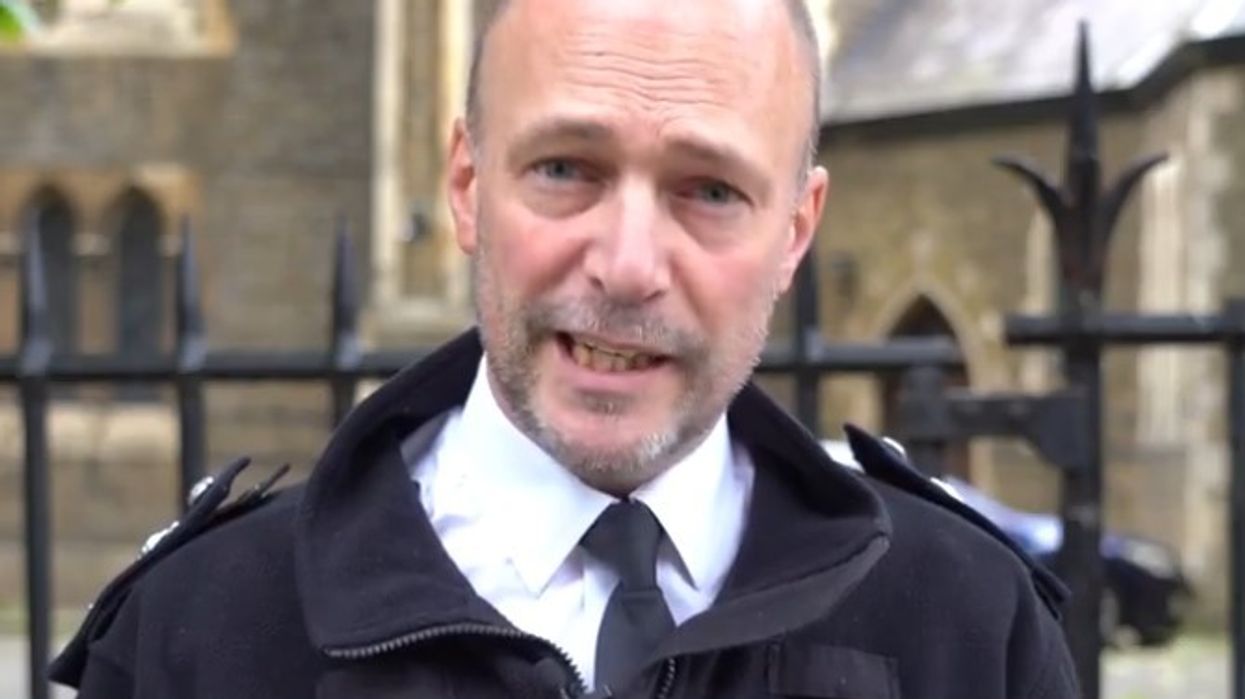A nine-year-old girl, identified as a schoolgirl from Indian state of Kerala on a day out in London with her Birmingham-based family, remains in critical condition after being shot in a drive-by incident by a motorbike assailant in east London.
The city's Malayali community has named the victim as Lissel Maria, daughter of Vinaya and Ajeesh of Gothuruthu in Kochi. The family was having a meal at a Turkish restaurant in Hackney when the shooting occurred on Wednesday night.
“We remain in close contact with our colleagues in the National Health Service (NHS), who have been working around the clock to provide urgent care to the victims, including the young girl, who I'm very sad to say, remains in a critical condition,” said Met Police Detective Chief Superintendent (DCS) James Conway, local policing lead for Hackney and Tower Hamlets in London.
“The thoughts of everyone at the Met remain with the girl and her family at this unimaginably difficult time. Two other men, aged 44 and 42, remain in hospital in a stable condition, with one facing life-changing injuries. The third man – aged 37 – has been discharged from hospital,” he added.
DCS Conway stated that the police investigation into the shooting in the Kingsland High Street area of east London continues at pace, with a dedicated team of detectives working to trace those responsible.
“We are specifically reaching out to our Turkish and Kurdish communities, particularly in north and east London, who I know are shocked and appalled by this crime. This is because the three men who were shot have connections with these communities,” he noted.
As part of the appeal for information, he revealed that the offender was riding a Ducati Monster motorbike, with a white body, red chassis, and red wheels, and fired at approximately 9.20 pm local time on Wednesday. The motorbike was stolen in 2021 from a property in Wembley, north London, and was displaying the registration plate DP21OXY at the time of the shooting.
“This shocking attack has had an element of pre-planning. This means there are people who will know something which may be crucial to our investigation,” he added.
In a statement released via the police, Erim Metto, CEO of the Turkish Cypriot Association, said that the community is shocked by the incident at a Turkish restaurant in Hackney.
“We urge anyone from the Turkish and Kurdish communities that may have any information to come forward and speak to police. If you do not feel comfortable to speak with police directly, you may do so through your community leaders, your faith leaders, Turkish Police Association, or anonymously through Crimestoppers. We as a community stand against violence and gun crime,” he said.
“Gun crime has no place on the streets of London and this reckless act has left a young child fighting for her life. I am making a direct plea to those with information that might help us to bring those responsible to justice,” the Met Police said in a statement following the shooting.
(PTI)





